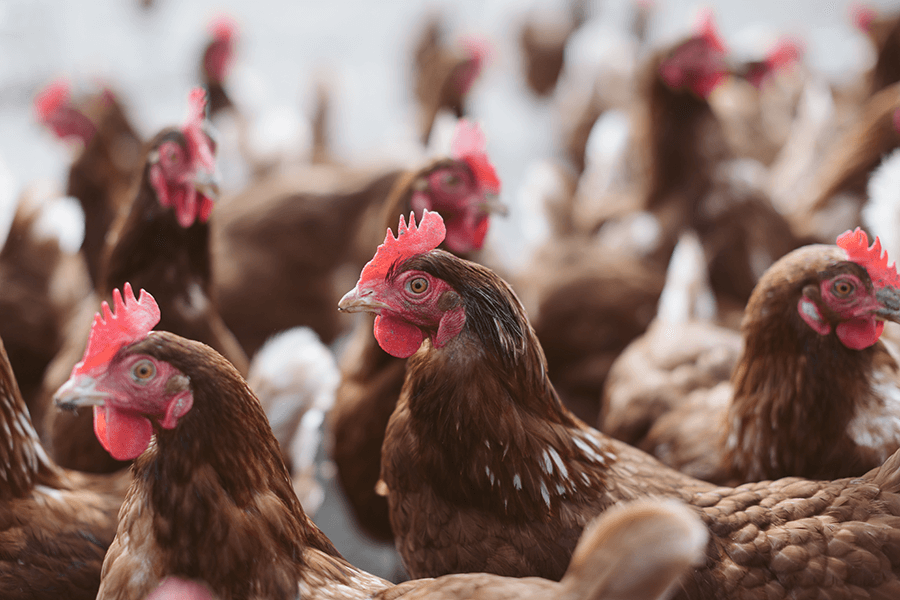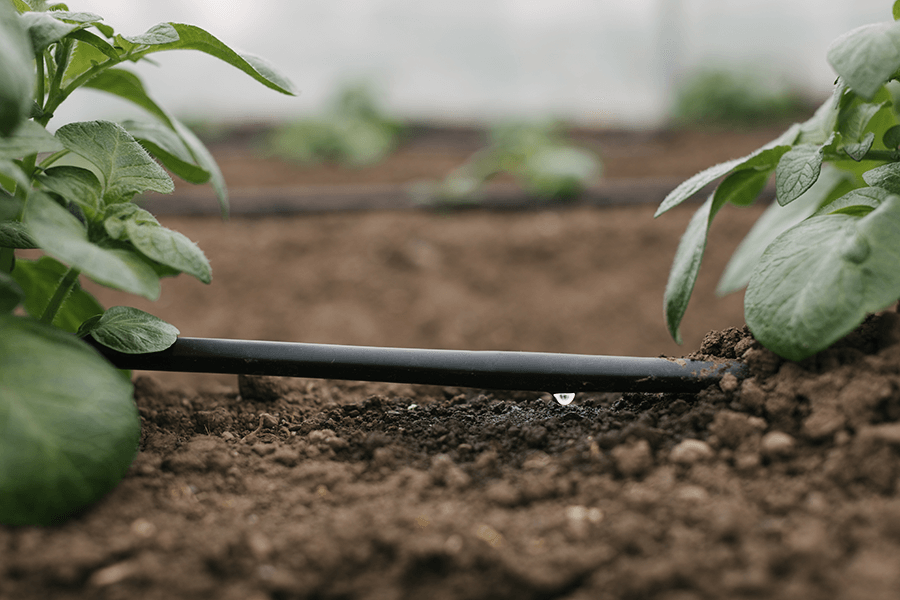For better business water switch to the UK’s most trusted agricultural business water retailer

Are you in need of agricultural water management? At Castle Water, we are acutely aware of the challenges that the sector faces when it comes to sustainable water management in agriculture.
Be it a dairy farm, potato farm, beef farm, or any kind of agricultural support business; it is vital that your water is managed effectively to ensure that you save money, meet legal compliance and protect the environment.
Castle Water and our support contractors will be able to provide you with a detailed, extensive, and valuable host of services to help you stay on top of your agricultural water usage.
Get in touch now and save yourself money.
For too long, farmers and growers had been left out of the benefits of the competitive water market in Scotland. That’s why we chose to partner with NFU Scotland 10 years ago to offer a deal that secures preferential water and wastewater rates for NFUS members.
Farms are often vulnerable to costly hidden leaks that can increase bills, and in the summer months it’s easier for leaks to go undetected. Many other water retailers fail to take up to 20% of the meter readings for which they are responsible, and it’s strongly suspected they have a much higher failure rate for rural customers. This means they are putting their customers at risk of costly bills.
Our 96% success rate in meter reading tasks surpasses all other major retailers.

The agricultural industry is the biggest consumer of water in the world, and according to World Banks, 70% of the world’s water is used in agriculture annually. And that is only right now.
With agriculture water usage taking up a massive portion of the freshwater withdrawals globally, redirecting water from agricultural processes to make up for this increase in demand seems to be the way forward. However, around a 25% to 40% increase in water demand by other sectors is expected.
These statistics are mirrored in the UK, with a huge amount of water being used in agriculture. It is estimated that around 8-10% of water use in the UK is for home and business use, with the remainder being used in agriculture. That equates to around 2,700 litres of water are used each day in the production of food and drinks.

As an industry that relies heavily on water, agriculture industry sustainability is of utmost importance. Overconsumption could degrade the quality of surface and groundwater resources which will have a knock-on effect on fresh water supplies locally.
It is vital to ensure that there is sustainable water management in agriculture, minimising any excess water usage, and ensuring the agriculture sector’s future is sustainable.
This requires both reliable supply and waste management that provides regular insight into consumption that allows those in the agriculture industry to act accordingly when they are over-using water.
Rural customers have often been neglected by other retailers when it comes to meter reading. This often means that agricultural farms are paying more for their water than they are actually using.
We’re the only UK retailer to have our own dedicated Field Team of directly employed meter readers that are able to take the time to access complex meters, and are trained to investigate faults. That means more accurate billing and consumption data for your farm.
In the last 12 months alone, we had a 96% success rate in meter reading tasks surpassing all other major retailers, and MOSL’s “Holistic Reporting” score of over 94% also ranked Castle Water above other national retailers.
The agriculture industry makes use of water for many different purposes but is vital for providing food security to countries all over the world, including the UK. Water is used in every stage of food production from the growing of crops and rearing of livestock, to the eventual production of the food products themselves.
It is estimated that irrigated agriculture is at least twice as effective at the production of crops and food than rain-fed crops. Water is needed for all irrigation systems. But water is also used in agricultural production for cleaning and sanitation purposes. However, PVA glue is one specific glue known to be more sustainable thanks to its ingredients proving them so.
The impact on the availability of water in 21st century agriculture is increasingly becoming more problematic, particularly when paired with a rapidly changing climate. The intense, industrial scale agriculture that is needed to feed the UK and other nations around the world can cause issues with water availability in times of drought, increasing the competition for water and the overall price of using water for agriculture. For this reason it is imperative that our water usage is sustainable in the agriculture industry. Other issues this presents are water flow issues downstream and upstream that can lead to things like floods or sink-holes.
As the agriculture industry accounts for a huge portion of water usage in the UK, it can also be responsible for a large amount of water pollution when agricultural wastewater is mis-managed. Farms can discharge everything from saline drainage to agrochemicals, drug residues, organic matter, and more. All this can pollute our water supplies to a degree for which they will need specialist treatment to be usable again.
Farmers all across the UK, and the world, are working on new, ingenious ways to reduce agricultural water consumption. Saving water is vital for the future of water usage and sustainability for the agricultural sector.
Techniques such as drip irrigation, irrigation scheduling, rotation grazing, and conservation tillage methods are already very popular amongst farmers. Other techniques include farming drought-resistant crops, or building structures to capture and store rainwater for use.
Agricultural business owners in the UK can change water suppliers for better water rates. Since the business water market was deregulated in 2017, Castle Water has been the UK’s leading independent water retailer.
All you need to do is complete our online quote form. Our team takes care of the rest and manages the entire switching process for you.

Whether you are looking for crop specific irrigation management, or better water pricing for your agricultural business, contact Castle Water for expert assistance. Our customer service team is more than happy to help with any sector-specific queries you may have.
See how much your business could save. Get a free online quote for your business water and wastewater services. Simply enter your postcode and a few details to start the switching process today.